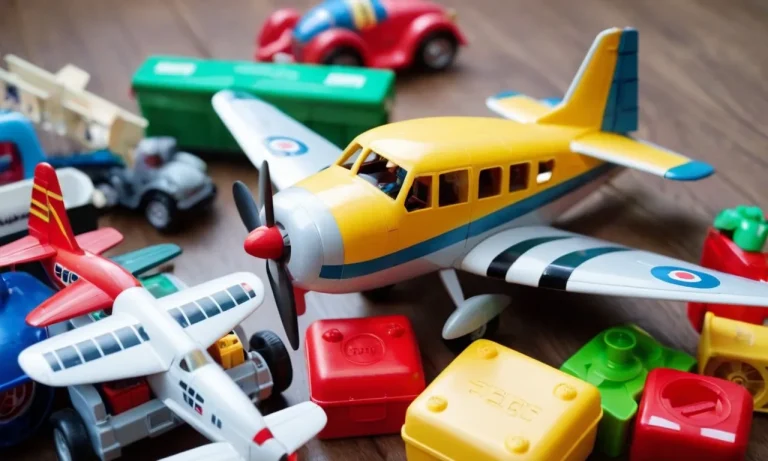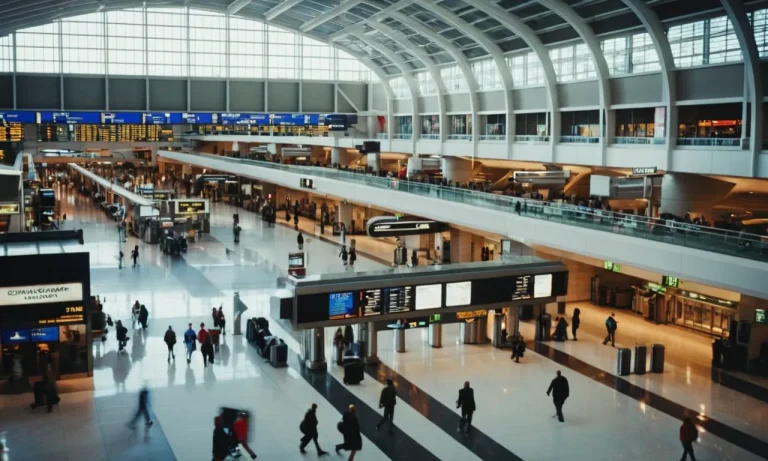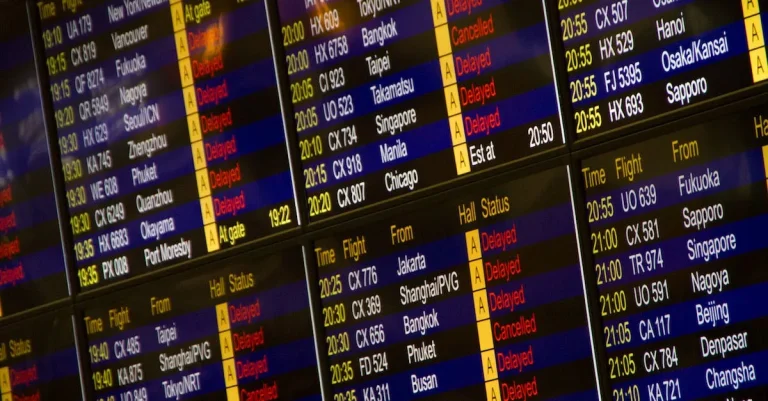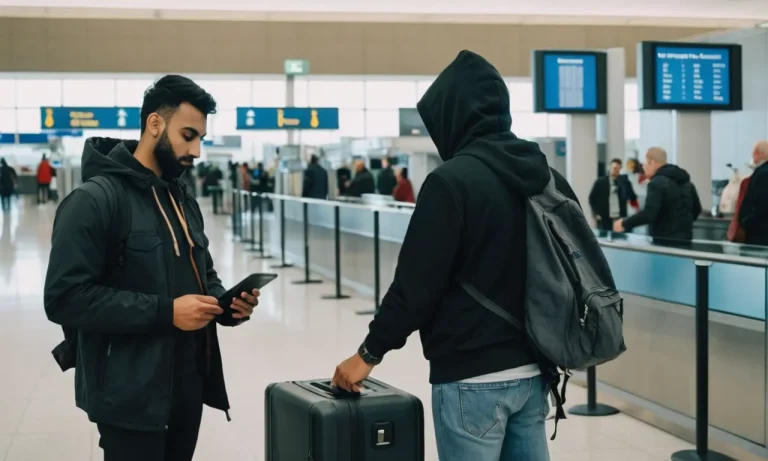The life of a flight attendant seems glamorous and exciting to many people. Getting to jet-set around the world, staying in luxurious hotels, and working alongside dashing pilots in crisp uniforms.
It’s no wonder that a common question people have is: do flight attendants hook up with pilots?
If you’re looking for a quick answer, here’s the deal: while it does happen on rare occasions, pilots and flight attendants sleeping together is strongly discouraged by airlines and can lead to disciplinary action if discovered.
In this comprehensive article, we’ll take an in-depth look at the policies, realities, and reasons behind whether pilots and flight attendants end up in the same hotel rooms and beds.
With insights from aviation insiders, we’ll reveal what goes on during those overnight layovers and explain the many reasons why hookups between crew members are taboo.
Anti-Fraternization Policies For Crew Members
Airline rules prohibiting relationships
When it comes to relationships between flight attendants and pilots, airlines typically have strict anti-fraternization policies in place.
Airlines understand the importance of avoiding conflicts of interest and potential distractions that could compromise the safety of the flight.
While each airline may have slight variations in their policies, the general rule is that crew members are prohibited from engaging in romantic or intimate relationships with each other.
This includes flight attendants, pilots, and other crew members who work closely together on a regular basis.
These policies are not meant to discourage personal relationships outside of work, but rather to prevent any conflicts of interest or power imbalances that could arise from intimate relationships within the crew.
By maintaining a professional distance, airlines aim to ensure that crew members can focus on their duties and responsibilities without any bias or favoritism.
Consequences for violations
Violating the anti-fraternization policies set by airlines can have serious consequences for crew members involved.
Airlines take these policies seriously and often have mechanisms in place to investigate and address any reported violations.
Consequences for violating anti-fraternization policies can range from disciplinary actions, such as reprimands or suspensions, to termination of employment.
Airlines are committed to upholding the integrity and professionalism of their crew members, and violations of these policies can be viewed as a breach of trust and a potential risk to passenger safety.
It is important for crew members to be aware of and adhere to these policies to maintain a harmonious work environment and ensure the highest level of safety for passengers.
For more information on specific anti-fraternization policies of different airlines, you can visit their official websites or refer to their employee handbooks.
It is always best to familiarize yourself with the policies of the airline you work for to avoid any potential conflicts or misunderstandings.
Why Intimate Relations Are Frowned Upon
Safety and security risks
One of the main reasons why intimate relations between flight attendants and pilots are frowned upon is due to safety and security risks.
The aviation industry places a high emphasis on maintaining a safe and secure environment for passengers and crew members.
Engaging in intimate relationships can potentially compromise this safety by creating distractions and affecting the focus and judgment required for critical tasks.
Moreover, intimate relationships between flight attendants and pilots can lead to favoritism or biased decision-making, which can undermine the overall safety culture of an airline.
It is important for crew members to treat each other professionally and impartially to ensure the highest level of safety standards are upheld.
Professionalism concerns
Intimate relations between flight attendants and pilots raise concerns about professionalism within the workplace. The aviation industry is built on professionalism and maintaining a high level of customer service.
Flight attendants and pilots are expected to work together as a team, coordinating their efforts to provide a seamless and enjoyable travel experience for passengers.
Intimate relationships can introduce complications and distractions that may impact the overall performance and effectiveness of the crew.
Therefore, airlines discourage such relationships to maintain a professional and harmonious work environment.
Hotel logistics limitations
Another factor that discourages intimate relationships between flight attendants and pilots is the logistics involved when crew members stay at hotels during layovers.
Airlines typically arrange accommodations for their crew in shared hotel rooms to optimize costs and ensure efficient operations.
Engaging in intimate relations within such close quarters can create discomfort and affect the privacy and comfort of other crew members.
Additionally, hotel policies and regulations often prohibit guests from staying overnight in rooms that are not registered under their names.
This can complicate matters for flight attendants and pilots who wish to spend time together privately during layovers.
For these reasons, airlines discourage intimate relationships between crew members to avoid logistical complications and maintain a smooth workflow during layovers.
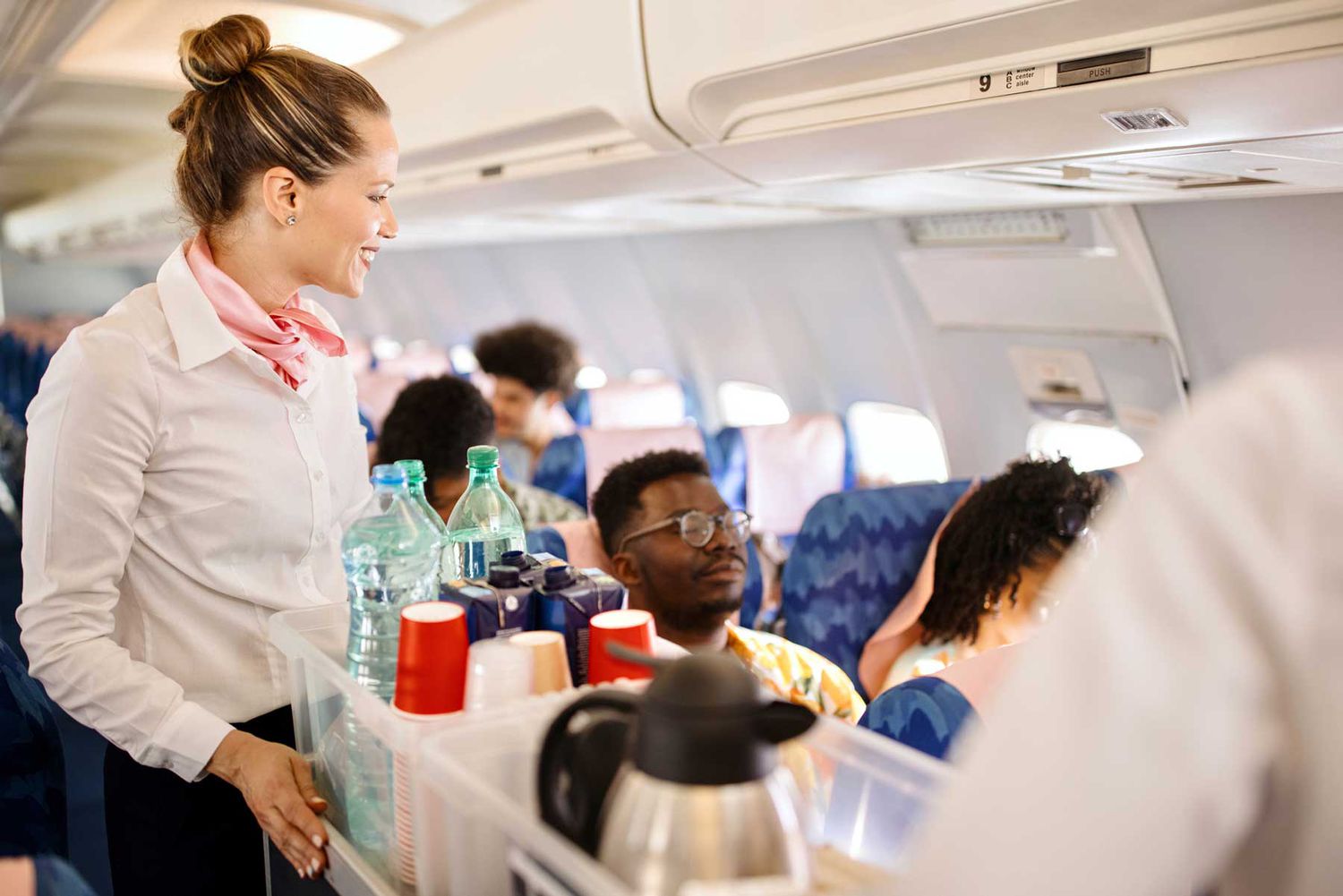
Alternatives to Break Anti-Fraternization Policies
While it is important for flight attendants and pilots to adhere to the anti-fraternization policies set by their respective airlines, there are alternatives that can help them meet new people and potentially find romantic connections outside of their work environment.
By exploring these alternatives, flight attendants and pilots can maintain professionalism while still having the opportunity to pursue personal relationships.
Meeting people outside of work
One alternative to break anti-fraternization policies is to actively seek opportunities to meet people outside of the aviation industry.
This could involve joining social clubs, attending community events, or participating in hobbies and interests that are unrelated to their career.
By widening their social circle, flight attendants and pilots can increase their chances of meeting someone who shares their interests and values.
Discreet dating apps
Another option for flight attendants and pilots is to utilize discreet dating apps that prioritize privacy and anonymity.
These apps provide a platform for individuals to connect with others who may not be part of their professional network.
It is important to exercise caution and discretion when using these apps, ensuring that personal information is kept private and interactions remain respectful and consensual.
Developing interests beyond career
Flight attendants and pilots can also consider developing interests and hobbies beyond their career.
By engaging in activities that bring them joy and fulfillment outside of work, they not only expand their horizons but also increase the chances of meeting like-minded individuals.
Whether it’s joining a sports team, taking up a new hobby, or volunteering for a cause they are passionate about, these activities can provide opportunities to forge connections outside of the aviation industry.
It is important to note that every airline has its own policies regarding fraternization, and it is crucial for flight attendants and pilots to be familiar with and adhere to these policies.
Breaking these policies can have serious consequences, including termination of employment.
It is always recommended to consult with the airline’s HR department or employee handbook for guidance on personal relationships within the workplace.
Conclusion
While the occasional dalliance may occur, pilots and flight attendants sleeping together is far from the norm. Rigorous policies, professionalism concerns, and practical challenges all limit the likelihood.
Still, with the excitement and stresses of global travel, attractions can develop.
For crew seeking meaningful bonds, wider social circles and discretion offer healthier alternatives.
So next time you board a flight and scan the polished crew with curiosity, remember that what you see is a dedicated team focused on safety above all. Their personal lives may not be quite as wild as imagination suggests.
But somewhere in the skies, high above the clouds, perhaps a discrete romance is unfolding in first class – unbeknownst to the passengers settling in for the journey.

